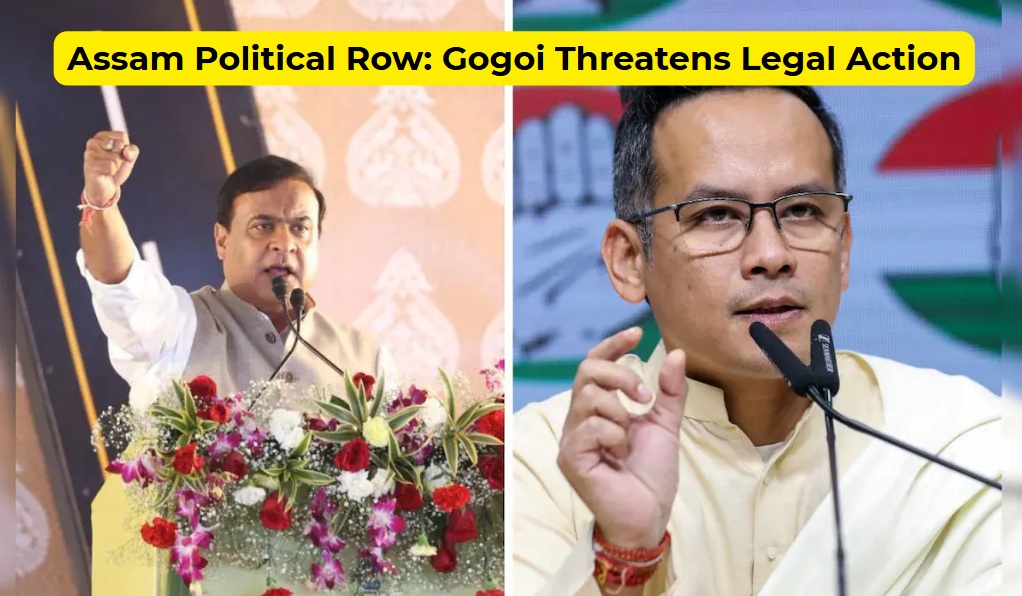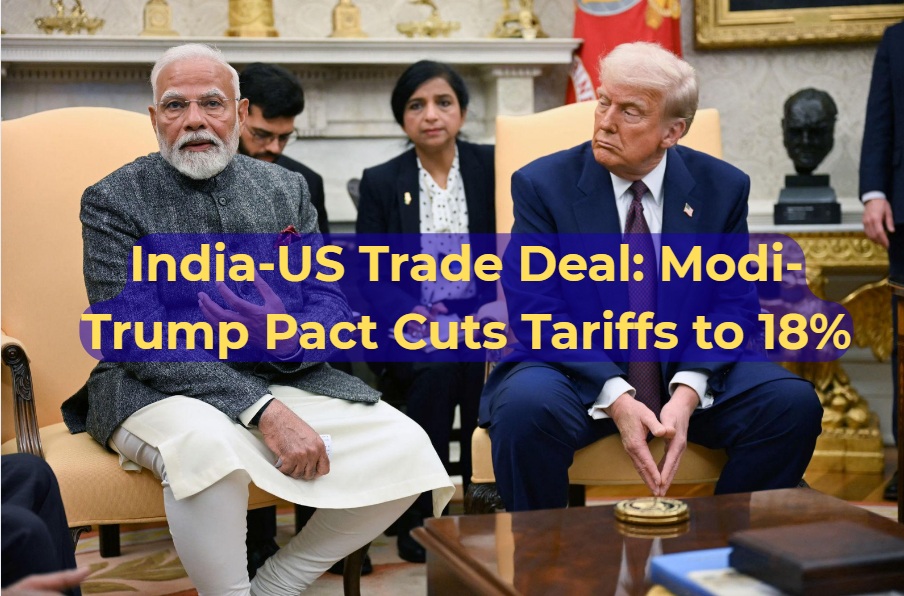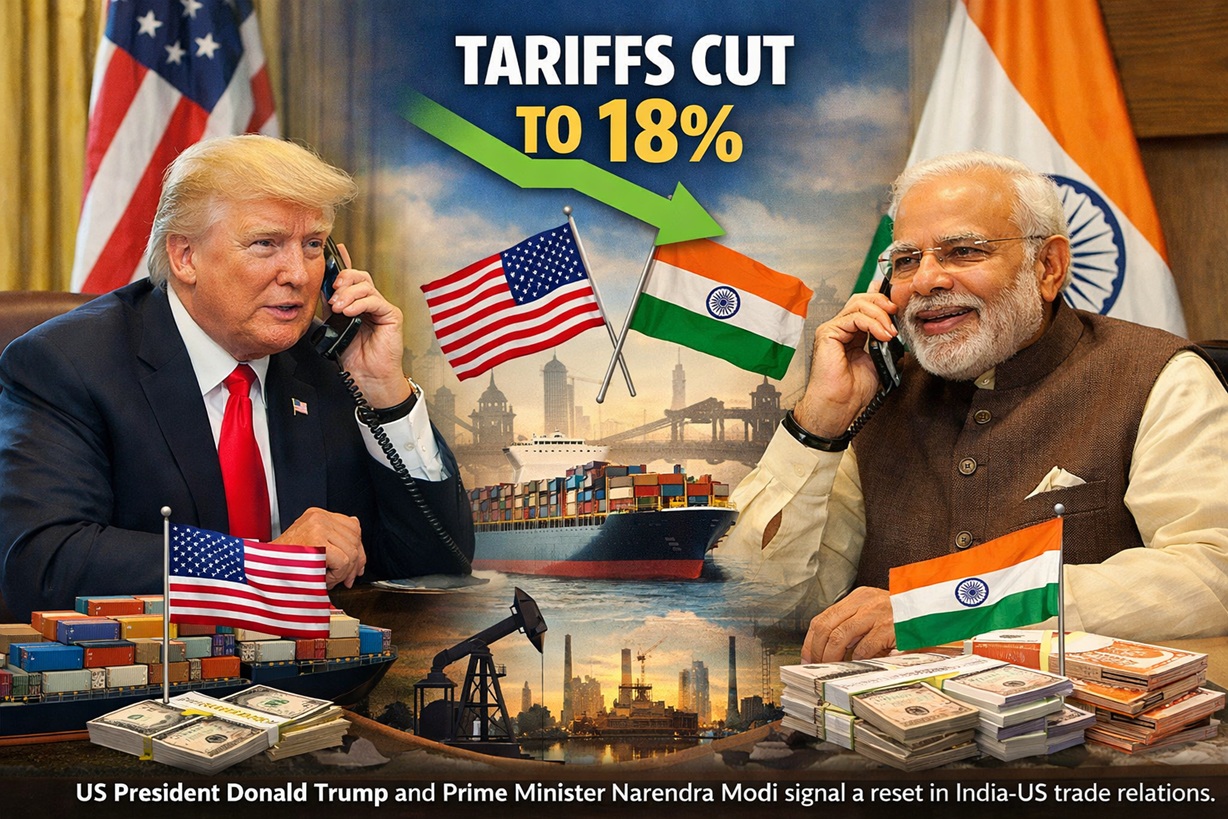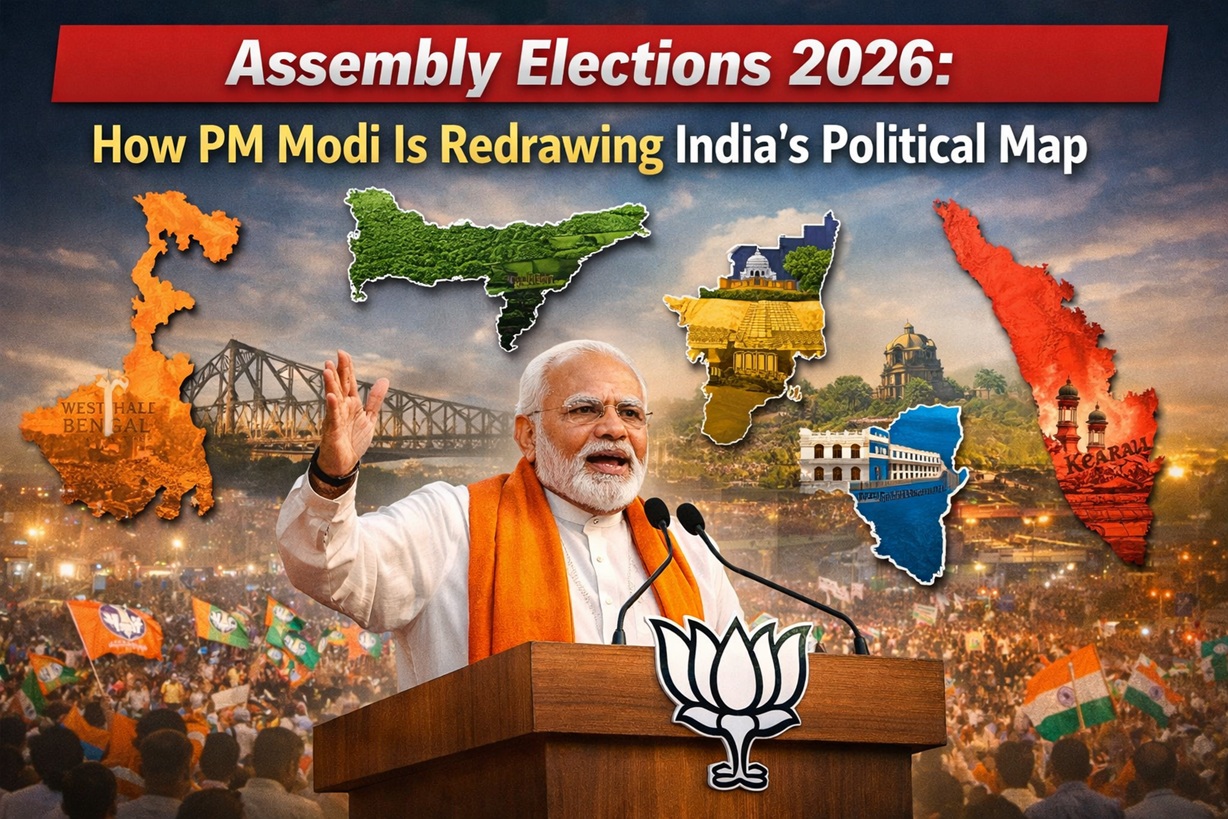Narendra Modi and his party, the Bharatiya Janata Party (BJP), won a third term in power in the most recent Indian elections. Even though they didn’t get enough votes to win, they worked with the National Democratic Alliance (NDA) to form a joint government. It is very rare for a prime minister to spend three terms in a row, so this victory is a big deal in Indian politics. In his winning speech, Modi talked about how the government was dedicated to growth, ending poverty, empowering women, and working with other countries. The election results did, however, bring some shocks and problems for the BJP.
Key Highlights of the Election 2024:
1. Modi’s Third Term: Despite not securing a majority, the BJP and NDA formed a coalition government, allowing Modi to serve a third term as prime minister.
2. Coalition Politics: The election results showcased the return of coalition politics in India, with regional parties gaining ground and becoming kingmakers.
3. Congress Party’s Revival: The Indian National Congress, the main opposition party, performed better than expected, doubling its tally of seats compared to the previous election.
4. Regional Party Victories: Regional parties such as the Trinamool Congress, Samajwadi Party, and Telugu Desam Party emerged as winners in their respective states, challenging the BJP’s dominance.
5. Market Crash: The election results led to a significant drop in the Indian stock market, with investors concerned about the implications of a coalition government.
Winners and Losers:
1. Smriti Irani: Irani, a BJP candidate, suffered losses to Kishori Lal Sharma of Congress Party in the high-profile constituency of Amethi.
2. Rajeev Chandrasekhar: Chandrasekhar, a BJP candidate, lost to Shashi Tharoor, a Congress leader, in the Thiruvananthapuram constituency.
3. Prajwal Revanna: Revanna, a candidate from the Janata Dal Secular (JDS), lost his seat in Hassan, Karnataka, amid allegations of sexual abuse.
4. Omar Abdullah and Mehbooba Mufti: Both former chief ministers of Jammu and Kashmir, Abdullah and Mufti lost their seats to lesser-known candidates.
5. Chandra Babu Naidu: Naidu, the chief of the Telugu Desam Party, emerged victorious in Andhra Pradesh, positioning himself as a potential kingmaker in the coalition government.
6. Jaganmohan Reddy: Reddy, the chief of the YSR Congress Party, suffered losses in both the Lok Sabha and Assembly elections in Andhra Pradesh.
7. Kangana Ranaut: Ranaut, a Bollywood actor turned politician, won her debut election from Mandi, Himachal Pradesh.
Implications of a Coalition Government:
1. Adjusting to Coalition Politics: Modi, known for his decisive leadership, will need to adapt to the dynamics of coalition politics, which require consensus-building and accommodating diverse viewpoints.
2. Managing Fickle Allies: The BJP will need to navigate the demands and expectations of its coalition partners, such as the Telugu Desam Party and Janata Dal United, who have a history of switching alliances.
3. Slower Reforms: The coalition government may face challenges in implementing major reforms, as consensus among coalition partners will be crucial. However, the presence of multiple parties can also provide checks and balances.
4. Increased Representation: Coalition governments often involve multi-partisan decision-making, ensuring a broader representation of interests and perspectives.
5. Market Uncertainty: The election results led to a significant market crash, reflecting investor concerns about the stability and policy direction of the coalition government. However, as the government takes shape and policies are clarified, market confidence may be restored.
Modi won a third term as prime minister in India’s elections, which was a big deal in the country’s political history. Even though the BJP didn’t get a majority, they can still run the government because they formed an alliance with the NDA. The election results also showed how regional parties are coming back and how hard it is to work with other parties in an alliance. Managing different allies and putting reforms into place will be top goals for Modi’s government as it gets used to running a coalition government. The market crash following the election results reflects the uncertainty surrounding the coalition government, but as policies are clarified, market confidence may be restored.





